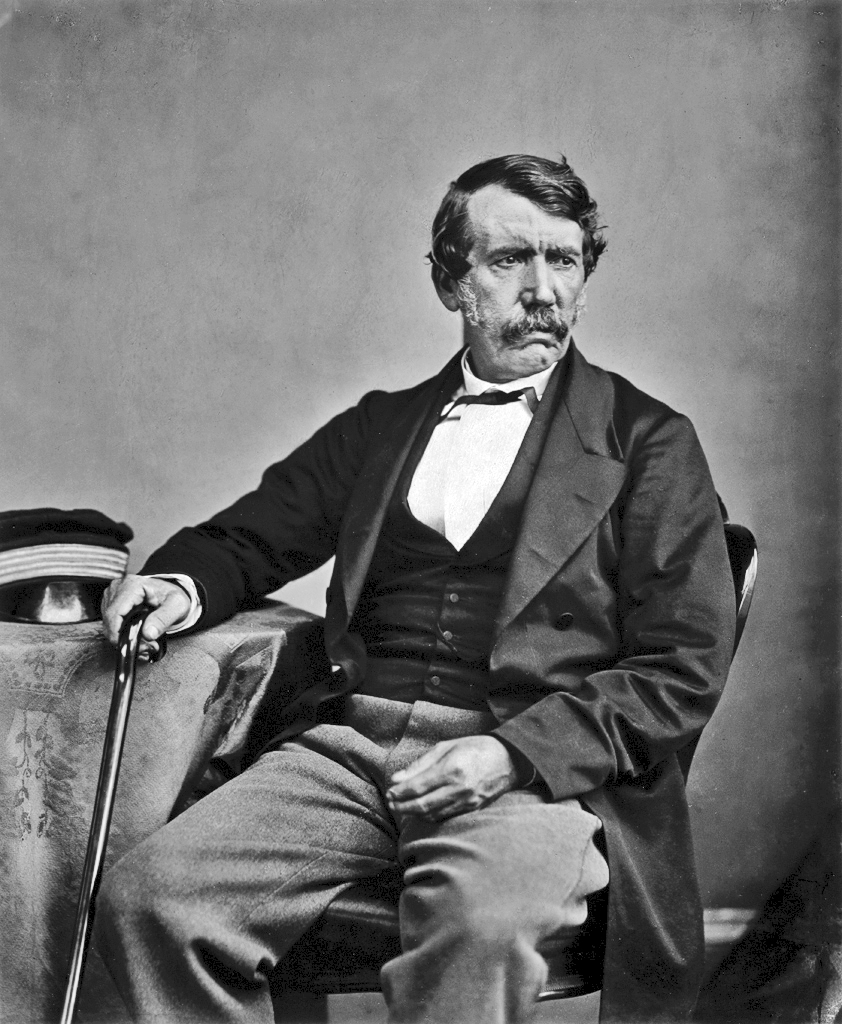Speech to students at Cambridge University (4 December 1857)
Kontextus: People talk of the sacrifice I have made in spending so much of my life in Africa. Can that be called a sacrifice which is simply paid back as a small part of a great debt owing to our God, which we can never repay? Is that a sacrifice which brings its own blest reward in healthful activity, the consciousness of doing good, peace of mind, and a bright hope of a glorious destiny hereafter? Away with the word in such a view and with such a thought! It is emphatically no sacrifice. Say rather it is a privilege. Anxiety, sickness, suffering, or danger now and then with a foregoing of the common conveniences and charities of this life, may make us pause and cause the spirit to waver and the soul to sink; but let this only be for a moment. All these are nothing when compared with the glory which shall be revealed in and for us. I never made a sacrifice.
David Livingstone: Idézetek angolul
Speech to students at Cambridge University (4 December 1857)
Kontextus: People talk of the sacrifice I have made in spending so much of my life in Africa. Can that be called a sacrifice which is simply paid back as a small part of a great debt owing to our God, which we can never repay? Is that a sacrifice which brings its own blest reward in healthful activity, the consciousness of doing good, peace of mind, and a bright hope of a glorious destiny hereafter? Away with the word in such a view and with such a thought! It is emphatically no sacrifice. Say rather it is a privilege. Anxiety, sickness, suffering, or danger now and then with a foregoing of the common conveniences and charities of this life, may make us pause and cause the spirit to waver and the soul to sink; but let this only be for a moment. All these are nothing when compared with the glory which shall be revealed in and for us. I never made a sacrifice.
Exploring Magnificent Waterfalls http://wol.jw.org/en/wol/d/r1/lp-e/102004126?q=livingstone&p=par
Missionary Travels and Researches in South Africa http://www.gutenberg.org/files/1039/1039-h/1039-h.htm
Exploring Magnificent Waterfalls http://wol.jw.org/en/wol/d/r1/lp-e/102004126?q=livingstone&p=par
“To overdraw its evil is a simple impossibility”
Livingstone While talking about the slave trade in East Africa in his journals.
